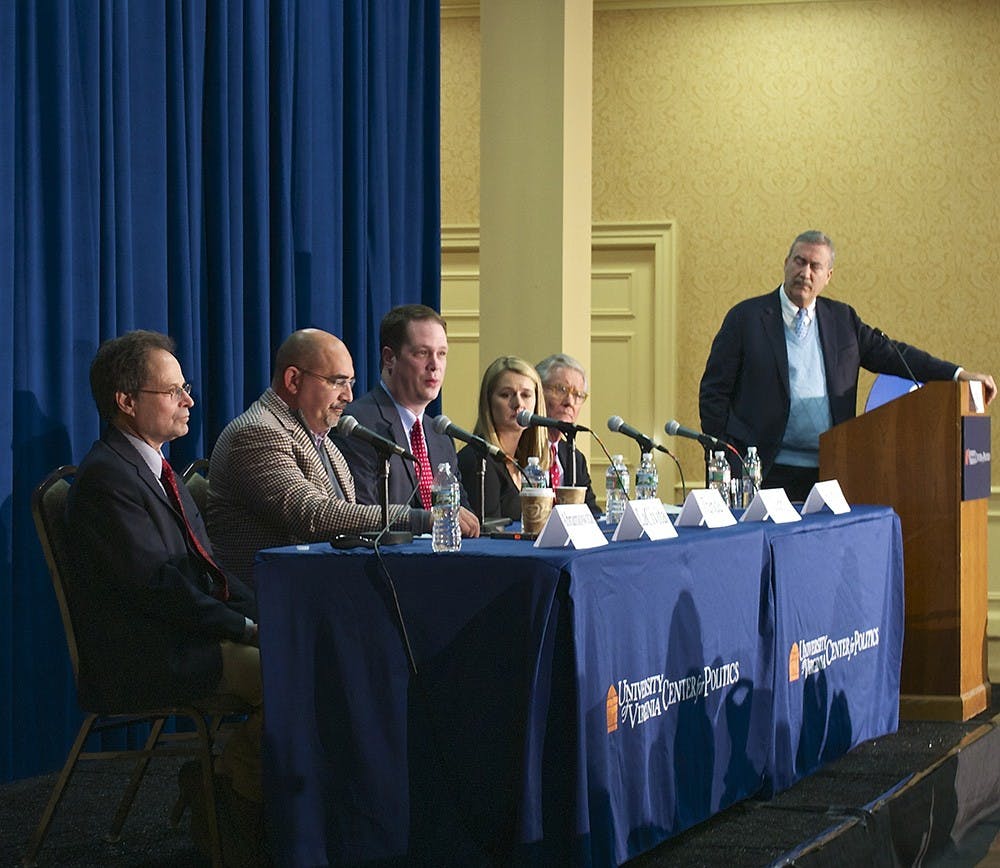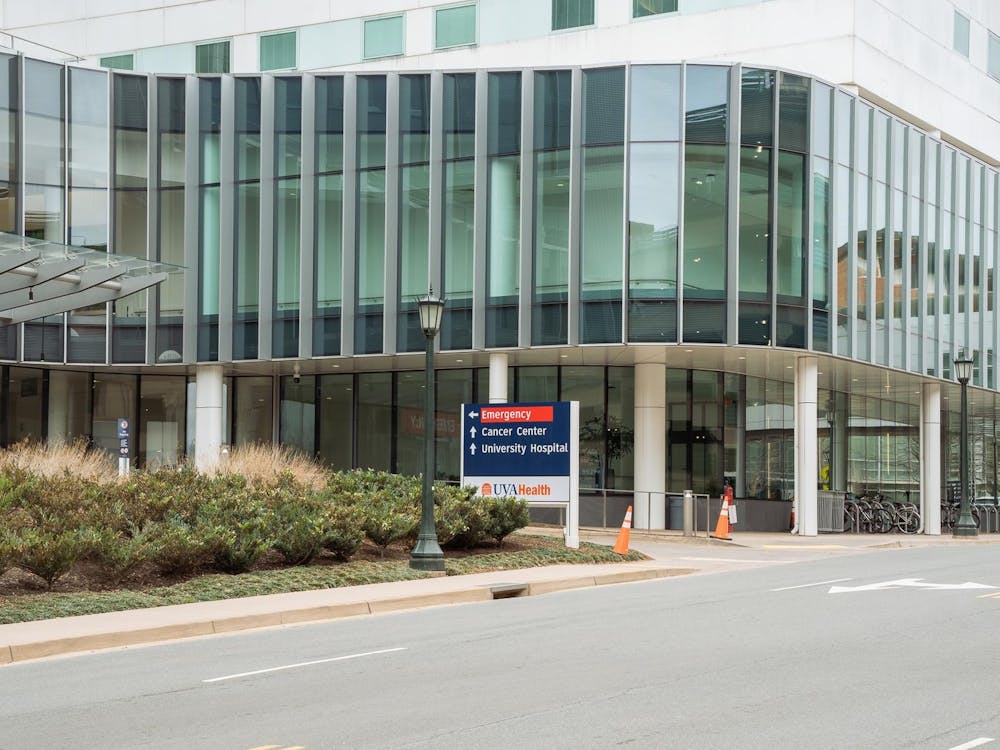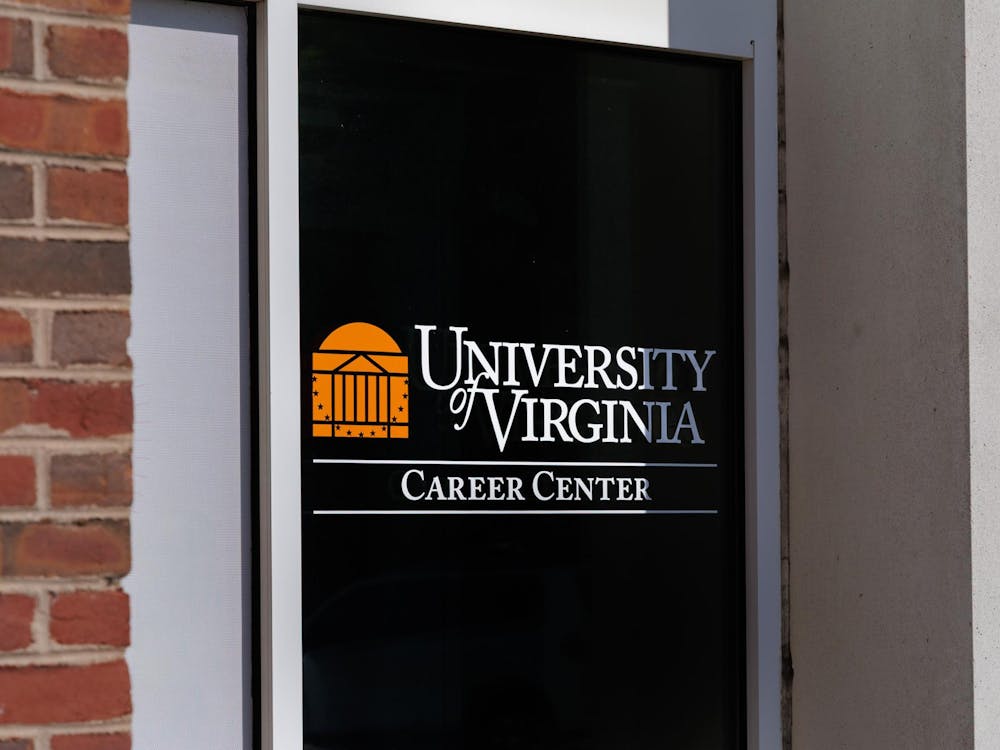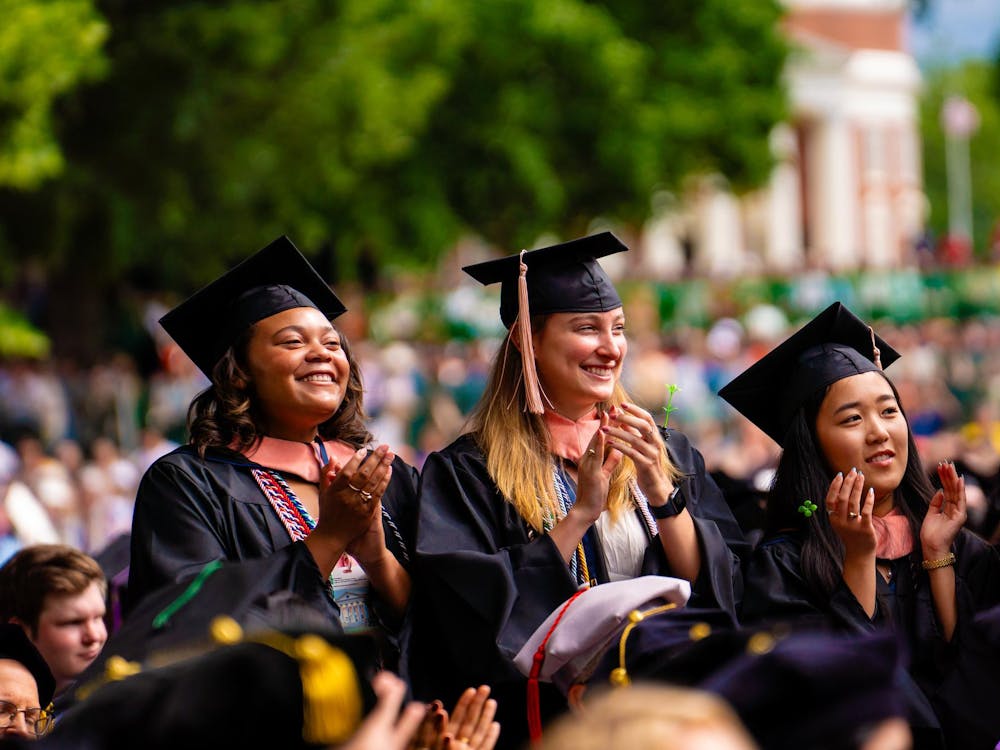The University Center for Politics hosted its 16th Annual American Democracy Conference Thursday to discuss election results from earlier this month, as well as the next election cycle in 2016. The conference featured myriad veterans from both the Republican and Democratic parties to discuss these topics on two panels.
Both panels focused on the growing demographic shifts, and the future of the Republican Party. Panelist Alan Abramowitz, a political science professor at Emory University and leader in the field of elections, said the American population is fundamentally shifting.
“Republicans would have to win 63 percent of the white vote to make up for the increasing share of nonwhites,” Abramowitz said.
Not all panelists believed the next election would only represent demographic changes. Fred Barnes, executive editor for the Weekly Standard, said he believes individual choice also plays an important role.
“The one thing that I think is wrong with the demographic debate is that people change their minds,” Barnes said. “They get inspired.”
Another major theme was the role of polling in elections. Panelist Chris LaCivita, an experienced political operative who recently worked for Sen. Pat Roberts in Kansas, said he brought a more skeptical approach about polling data into this cycle.
“Even if you’re engaged as a passive observer, you have to question the data.” LaCivita said.
Ali Lapp, founder of the House Majority PAC, agreed the prominence of polling is an issue in determining how to campaign. While internal polling is generally more accurate than public polls, most media outlets conduct polls cheaply and do not properly construct them, Lapp said.
“Polling is increasingly suspect,” Lapp said. “And I think we really have to figure this out moving forward.”
The event also served as a learning opportunity for students. First-year College student Magdalene Beck said she left with increased awareness about the intricacies of messaging and polling.
“I actually also learned a lot about polling — the importance of skewed polling and how that affected the midterms, and how that could continue to affect the elections in the future,” Beck said. “I had personally not learned about [that] thus far.”
The conference also addressed the 2016 Presidential election and the prospects for both the Republicans and Democrats. On the Democratic side, discussion focused on Hillary Clinton and the potential challengers she may face in the primary, such as Massachusetts Sen. Elizabeth Warren.
“I think Hillary and Warren would be great debate to watch — because you know Hilary obviously has the establishment nailed down, and then there would be this nagging leftist, that would be an interesting bit,” LaCivita said. “It would be a hell of a fight, but it would have severe consequences in the federal election, because Hillary is not going to want to go to the left, so it would be fascinating to watch.”
On the Republican side, the panel examined a wide range of candidates, from establishment candidates — such as Jeb Bush and Chris Christie — to more conservative thinkers, like Rand Paul and Ted Cruz.
Third-year College student Gregory Thies said he thinks the Republican field is very even and that many candidates have merit — but he said Clinton remains the front-runner for the election.
“It seems like right now that they think there are a number of people who would work equally well and that the Republican Primary will be close, but that Hilary is kind of the dominant figure at this point,” Thies said. “She’s the one to beat.”







